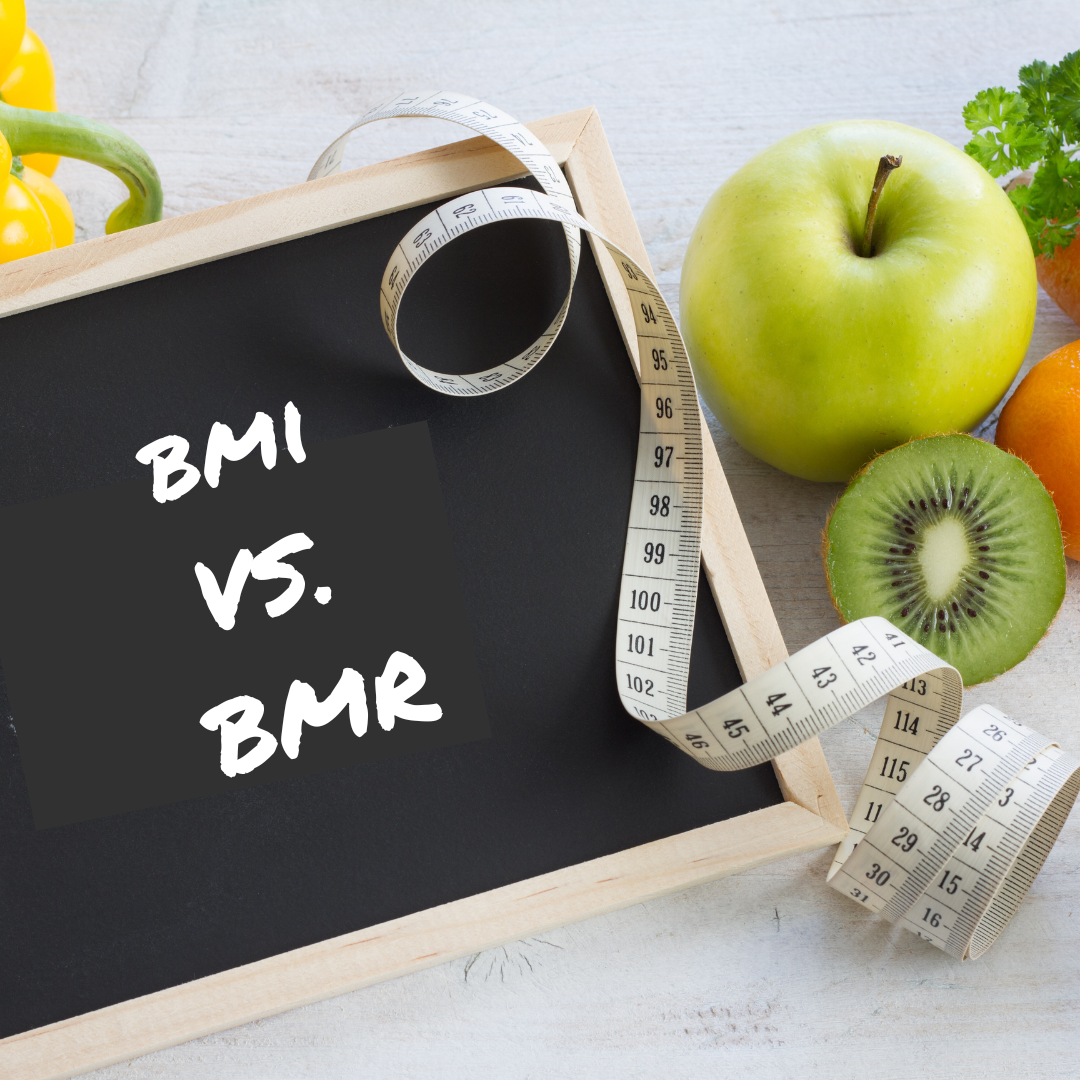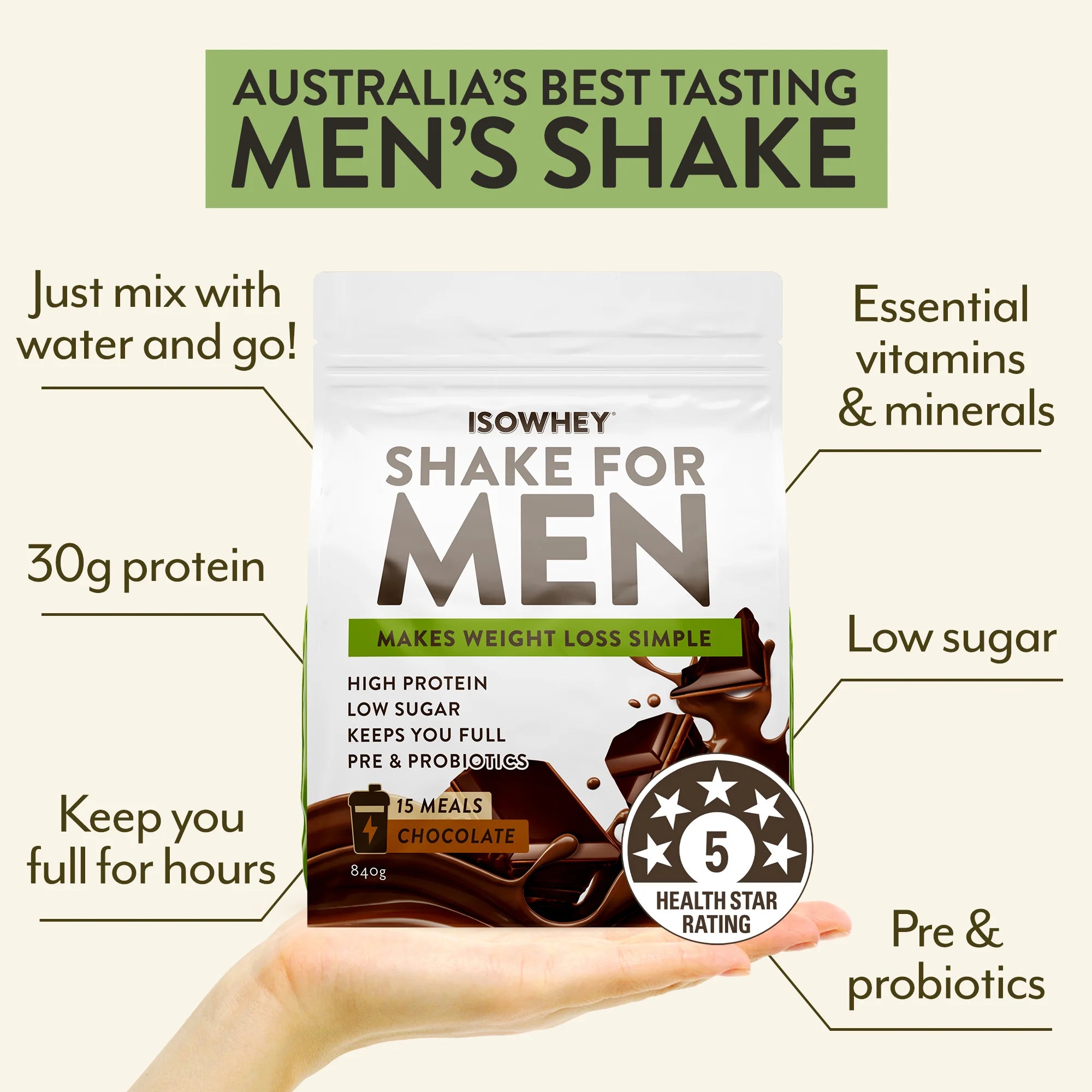BMR vs. BMI
Two acronyms you’re probably familiar with, but do you know the difference?
What is a BMI?
The term BMI is used more frequently because it’s a measurement of your body composition. People will often calculate this before they begin a diet because it will ensure their goal weight keeps them within a healthy BMI. Although the calculation of your body mass index (BMI) doesn’t distinguish between body fat and lean body mass – think of it as an indirect measure of your body fat. Your BMI is determined by your height to weight ratio and is an indicator of whether you’re underweight, in the healthy weight range, overweight or obese. Typically, a healthy BMI for both men and women is 18.5-24.9.
What is a BMR?
Your BMR is your basal metabolic rate, and it differs greatly from your BMI. Your BMR is the number of calories that your body burns when you’re not moving. It calculates the energy you burn from the brain performing its basic functions like breathing and digesting. Your BMR is partly genetic, but it also depends on your age, weight, gender, and activity levels.
The importance of BMI & BMR
Determining your BMR will give you a head start on the number of calories you need to consume in order to lose weight. We offer a free BMR calculator on the homepage of our website! Click here and find it at the bottom of the page. your Calculating your BMI can be a useful tool to gauge how much weight you need to lose to reach your goal.
Myths about BMI
Since BMI is a measurement of your body composition, there is a common misconception that having a high BMI means you’re unhealthy. You can be healthy with a higher BMI, especially if you do weight training/body building. Body builders tend to have a low body fat percentage, yet they weigh more because they have more muscle, and muscle weighs more than fat!
Another myth is that having a low BMI automatically means you are healthy. You must consider that factors such as gender, age, hormones, and muscle mass can affect your BMI, just try to keep in mind that your BMI is not necessarily an accurate reflection of your size.
Myths about BMR
One of the biggest myths about your BMR is that you can drastically change it. It is possible to boost your metabolism, but do not expect a significant change.
Anabolic vs. Catabolic
BMR is quite complex, it’s made up of 2 components, anabolism, and catabolism.
Anabolism is the “building up of things” whereas catabolism is the “breaking down of things”.
When your body is in a state of anabolism it builds muscle, when your body is in a state of catabolism energy is released from the break down of molecules.
The process of weight loss
Weight gain is the result of the body storing excess energy as fat – you can read about the difference between weight loss and fat loss here.
When you are overweight, you will have a higher BMI and your BMR will begin to decline. The reason your metabolism slows down when you’re losing weight is because your body has deliberately done this to preserve energy stores.
Unfortunately, this can stall the weight loss process and if you’ve hit a wall regardless of sticking to a strict diet and exercise routine, check out our blog on how to get out of a weight loss plateau here.
Takeaways
Your BMI is not an accurate representation of your health and your BMR factors in age, weight, gender, and activity levels, so you can’t compare it to another person’s even if you follow the same diet and fitness routine!









